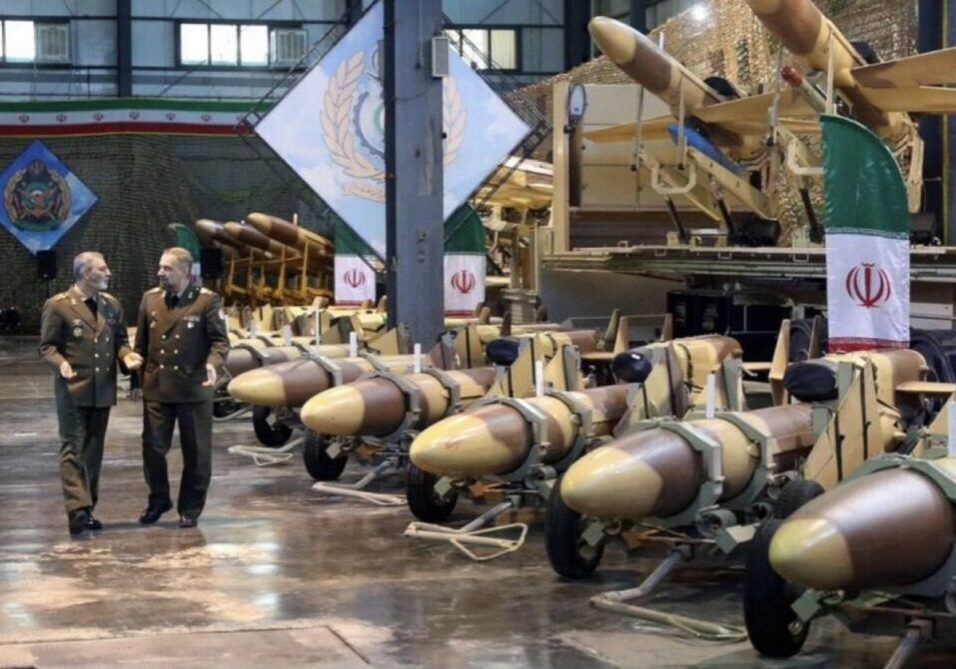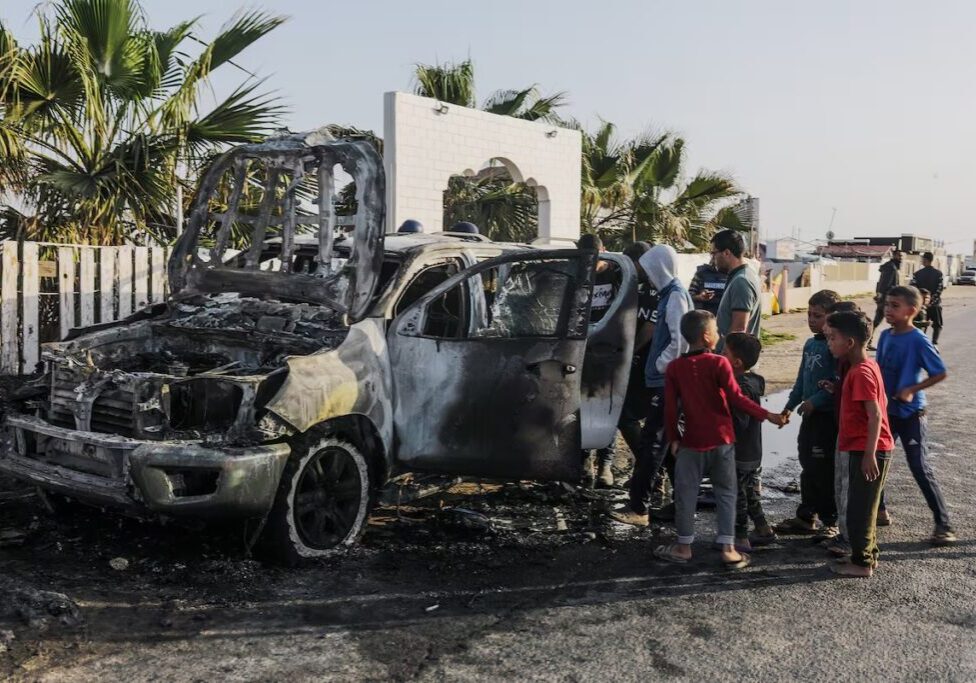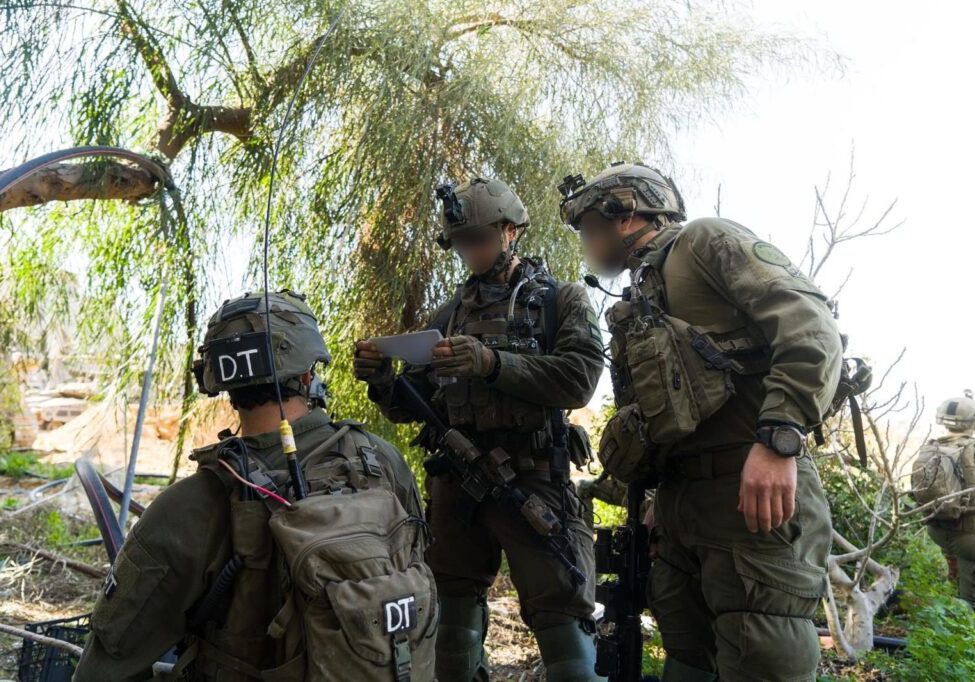Australia/Israel Review
The Other Evacuees
Jul 1, 2005 | Yehonathan Tommer
By Yehonathan Tommer
Under Israel’s disengagement plan, set to begin in early September, four Jewish settlements in the northern West Bank are to be evacuated, after the withdrawal of 21 agricultural communities and one regional town in the Gaza Strip has been completed by the Jewish New Year, October 3, 2005.
While local and international media have spotlighted the mass settler resistance movement in the Gaza Strip, opinions in the north are openly divided. Residents of San-or and Homesh fervently oppose their eviction and say unanimously that they will resist Israeli law enforcement authorities forcibly removing them from their homes. On the other hand residents of Ganim and Kadim, having come to terms with the government’s evacuation decision, are claiming compensation for relocating homes and businesses and making quiet arrangements for alternate housing in different parts of Israel, ahead of evacuation day.
Miriam Adler, a 28-year old mother of six, says that San-or in the Samarian highlands, is her home and no-one will force her to leave. “No government has the right to uproot Jews from Eretz Israel,” she says. “If soldiers arrive, more than 10,000 people will be here shoulder to shoulder lying on the road to San-or and on the streets inside our village to prevent us from being evicted. I have no intention of walking away voluntarily. On eviction day, I will be where I have to be – at home with my children, like the rest of my neighbours. We’ll resist passively and won’t initiate violence. If we are attacked [by Israeli soldiers] we will not turn the other cheek and but return in kind. There will be no use of weapons.”
Adler, San-or’s social affairs secretary joined the community more than two years ago from Kiryat Arba near Hebron where she was brought as a 10-year old by her “refusenik” parents who immigrated to Israel from the former Soviet Union.
She rejects the Government’s disengagement decision as “undemocratic, illegal and illegitimate because it was not popularly approved by a national referendum.” As an observant Jew, she considers herself guided ultimately by “a higher law — the Torah teachings and its precepts of Jewish ethics and morals – which commands Jews to settle the land of Israel and prohibits them from conceding any part of it to non-Jews.”
According to polls 65% of all Israelis support Mr. Sharon’s disengagement plan. Adler questions their accuracy, convinced and angered that many of her countrymen are indifferent to the “just struggle.”
San-or, north of Jenin, was originally settled in 1987 by a group of 12 artists from the former Soviet Union. It was largely abandoned in 2001, the first year of the Second Intifada. Two years later San-or was resettled by 30 religiously observant families and today is inhabited by some 170 persons including 33 yeshivah (Torah seminary) students.
No resident at San-or has applied to the Disengagement Authority, which was created a year ago to process individual compensation claims, and its director Yonatan Basi was barred from entering the settlement.
Similar sentiments are voiced at nearby Homesh. Here on a hilltop lookout, Israel’s coastal cities of Netanya and Tel Aviv some 25 to 35 kilometres away are visible on a clear day. Ariel Sharon regularly brought Israeli politicians here, along with Christian coalition support groups, Jewish fundraisers and American congressmen to show them Israel’s vulnerable borders, said Menorah Hazan. “Now he [the Prime Minister] wants to throw it all away and hand over our homes to terrorists who want to destroy us.”
“Homesh is where my soul connects to the historic heartland of the Jewish homeland. Here I want to raise my children, my grandchildren and my great-grandchildren,” said Hazan, a young mother of two who joined the community more than three years ago. “Eretz Israel belongs to the Jewish people. No public debate has been held and the government has no moral right to make its decision,” she says. The daughter of Benny Katsover, erstwhile Gush Emunim leader and radical pioneering settler of Sebastia and Elon Moreh (founded near Nablus in the late 1970s), Hazan is furious at what she calls Sharon’s “gall and change of heart,” and accuses him of “criminal deceit and parliamentary manipulation.”
She hopes for a civil uprising. “Jews don’t evict Jews from their homes. The state can’t oppose its citizens. We plan to bring thousands of people here from Haifa and Gaza to sit on the roads and block them so that the army can’t get through to evict us.”
Homesh was founded 24 years ago but half its residents, immigrants from the former Soviet Union, left when the community was under a days-on-end siege during 2000-2003 and a target of Palestinian terrorist attacks and repeated attempts to capture the settlement. Three of its residents were murdered on the roads in drive-by sniper shootings.
The 300 inhabitants here are a religious-secular mix of 55 families among them 18 orthodox families and 30 yeshivah Torah seminary students. They have shunned all contact with the Disengagement Authority and will passively oppose army and police measures to carry them forcibly from their homes.
Residents of Ganim and Kadim are equally traumatised by the government’s decision, but they have accepted the Knesset’s verdict.
“On evacuation day, none of us will be here,” says Ganim’s security affairs secretary, Aaharon Yarden, 40, a former Canadian new immigrant and software engineer who joined the 22-year old community seven years ago. “We are law-abiding citizens and many have children serving in army combat units. We understand the difficult tasks they face and nobody at Ganim would raise a hand against a policeman or soldier carrying out orders. We deplore violence.”
Ganim’s 35 families numbering some 105 persons enjoyed warm and friendly relations with their Palestinian neighbours up until the second Intifada. In the subsequent three years of armed conflict, one resident was killed by a Palestinian sniper, one soldier was wounded and Yarden’s wife was stabbed in the back by a Palestinian terrorist who infiltrated into their garden.
Disillusioned by what they see as the Disengagement Authority’s “bureaucratic foot dragging” in its handling of individual cases under the Evacuation Compensation Law of June 2004, families are making their own arrangements. Yarden hired a private lawyer to submit and process his claim. Also, after searching all over the country his family, has decided to relocate in July to a small community near the shores of the Sea of Galilee.
Meanwhile, some 12 families from Ganim and Kadim are to receive a government approved standing loan of NIS130,000 (A$40,000) which becomes a grant after five years residence to help finance their move to Gan-Ner in the nearby Gilboa highlands of Galilee and the town of Afula.
Being a secular Jewish community where quality of life takes preference to bonding with ancient Jewish heroes and battles for Jewish sovereignty in the lands decreed to them by God, Yarden says it is consequently emotionally and spiritually easier for residents of Ganim and Kadim to relocate to different parts of Israel. “Relations with the San-or and Homesh have badly soured,” says Yarden. “If the evacuation plan were stalled, or even cancelled, we would not want to experience a second trauma in staying to rebuild our lives here.”
Yarden would like to see his home handed to a needy Palestinian family and not to terrorists who kill Israelis. He hopes his evacuation will serve the interests of peace. “But ask me in 20 or 30 year’s time. This is a land of miracles.”
Tags: Israel






